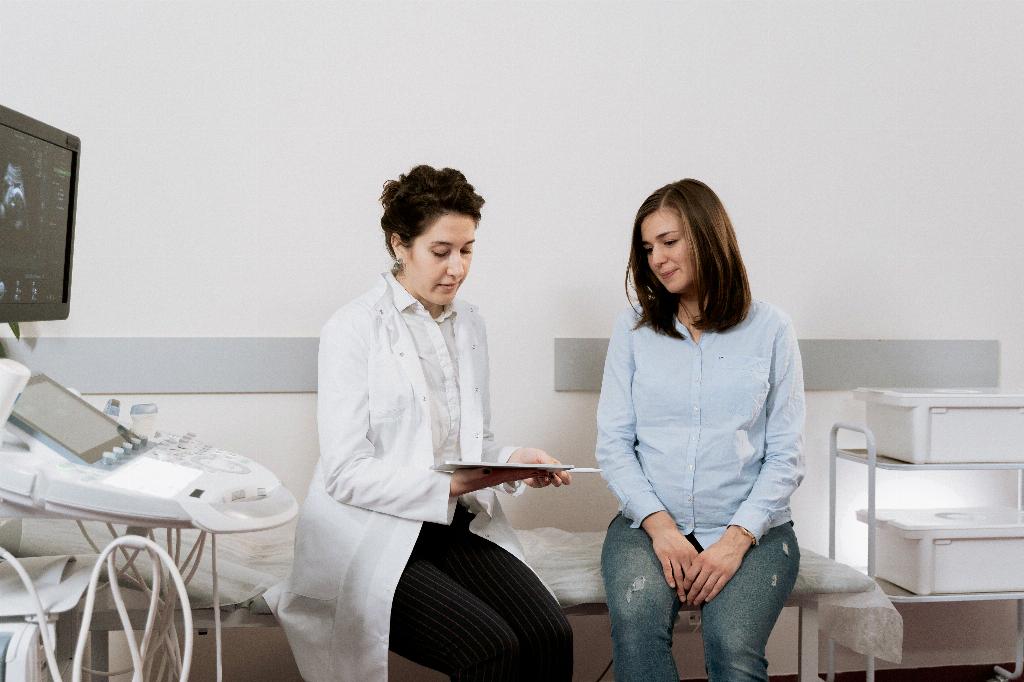When it comes to the use of retinol during pregnancy, there is a lot of debate and conflicting information out there. Retinol, a form of vitamin A, is a powerhouse ingredient in the skincare world known for its ability to promote skin renewal and prevent collagen breakdown. However, it falls under the category of retinoids, which experts typically advise pregnant women to steer clear of.
Pregnancy is a delicate time, and what you put on your skin can potentially impact your growing baby. Retinoids have been linked to birth defects when taken orally as high-dose vitamin A supplements. While the risk of birth defects from topical retinoid use is not entirely clear, it’s generally recommended to err on the side of caution and avoid products containing retinol during pregnancy.
It’s essential to understand that the skin is the body’s largest organ and can absorb substances applied to it. Retinol, being a potent ingredient, has the potential to penetrate the skin and potentially reach the bloodstream. With the safety of the baby in mind, it’s prudent to avoid exposing yourself to any unnecessary risks.
If you are an expectant mother and have been using products containing retinol before finding out about your pregnancy, don’t panic. The general recommendation is to stop using such products as soon as you discover you are pregnant. However, if you have any concerns or if you’ve been using retinol unknowingly during early pregnancy, it’s best to consult with your healthcare provider for personalized guidance.
Fortunately, the skincare industry has made significant advancements in developing pregnancy-safe alternatives to retinol. Look for products labeled as pregnancy-safe or consult with a dermatologist who can recommend suitable alternatives that are gentle and effective for your skin during this special time.
During pregnancy, skin concerns such as acne, hyperpigmentation, and fine lines may still arise, and it’s understandable to want to address them. There are plenty of natural and safe ingredients that can help maintain healthy skin during pregnancy without the potential risks associated with retinol.
Ingredients like hyaluronic acid, glycolic acid (in limited concentrations), vitamin C, and niacinamide can be beneficial for addressing various skincare issues while being considered safe for use during pregnancy. These alternatives can help you maintain a healthy skincare routine without compromising the well-being of your baby.
When exploring skincare products during pregnancy, always check the ingredient list for retinoids, retinol, retinyl palmitate, or any derivative of vitamin A. Familiarize yourself with pregnancy-safe skincare ingredients and opt for products free from any potentially harmful substances to ensure the safety of both you and your baby.
Remember, every pregnancy is unique, and what works for one expectant mother may not be suitable for another. It’s essential to listen to your body, prioritize your health and comfort, and seek advice from healthcare professionals to make informed decisions regarding your skincare routine during pregnancy.
In conclusion, while the allure of retinol and its skincare benefits may be tempting, it’s advisable to avoid using this potent ingredient during pregnancy due to potential risks to the developing baby. Embrace pregnancy-safe alternatives and maintain a nurturing skincare routine that prioritizes the health and well-being of both you and your little one.

